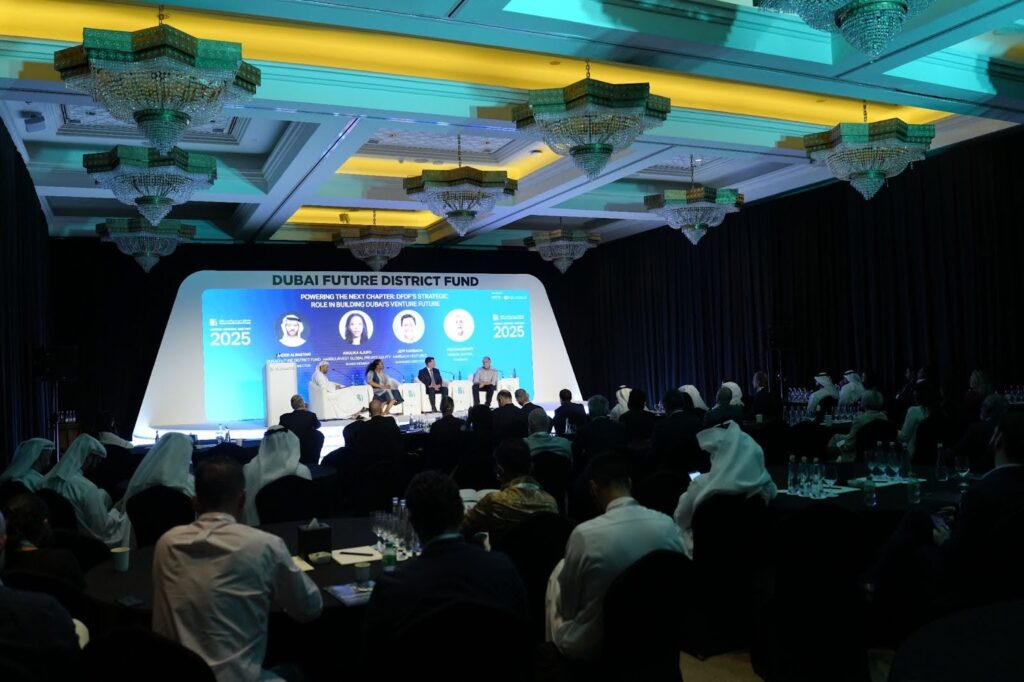At our 2025 AGM, we held a panel conversation to discuss DFDF’s strategic role in building Dubai’s venture future.
Joining us in this conversation moderated by our Managing Director Nader Albastaki were the following leading voices across institutional investing and venture capital:
- Jeff Harbach, Founder Partner, Harbach Ventures
- Fadi Ghandour, Chairman, Wamda Capital
- Anulika Ajufo, Board Member, HarbourVest Global Private Equity
The conversation focused on how aligned capital, when combined with policy, infrastructure, and shared vision, can unlock a generational shift in Dubai’s venture landscape.
Government Capital as Strategic Infrastructure
Too often, government-backed funds are viewed as financial instruments alone. The panel held the view that they must be seen as infrastructure. Just like roads or digital networks, aligned capital lays the groundwork for the industries of the future. It builds trust, signals belief, and anchors the long-term development of venture ecosystems.
Our panelists emphasized that sovereign capital’s impact extends far beyond funding rounds. It catalyzes private sector involvement by de-risking early-stage environments and showing that national stakeholders are committed for the long haul. From Singapore to South Korea, and now Dubai, the model is proven: when sovereign capital shows up first, private capital follows with conviction.

The Role of Patient Capital in a Maturing Ecosystem
One of the most resonant points made was the value of time. As the panel opined, while relatively simple to launch a fund and stay active for a few years, true maturity in venture comes from fund managers who weather multiple cycles, return DPI, and reinvest learnings from past failures. That takes time — and patient LPs.
We’ve long understood that meaningful innovation doesn’t happen on quarterly timelines. As such, we intentionally structure our approach to give emerging managers and founders the room to grow thoughtfully. We don’t just back businesses; we back builders, knowing that returns include economic transformation, job creation, and new knowledge economies.
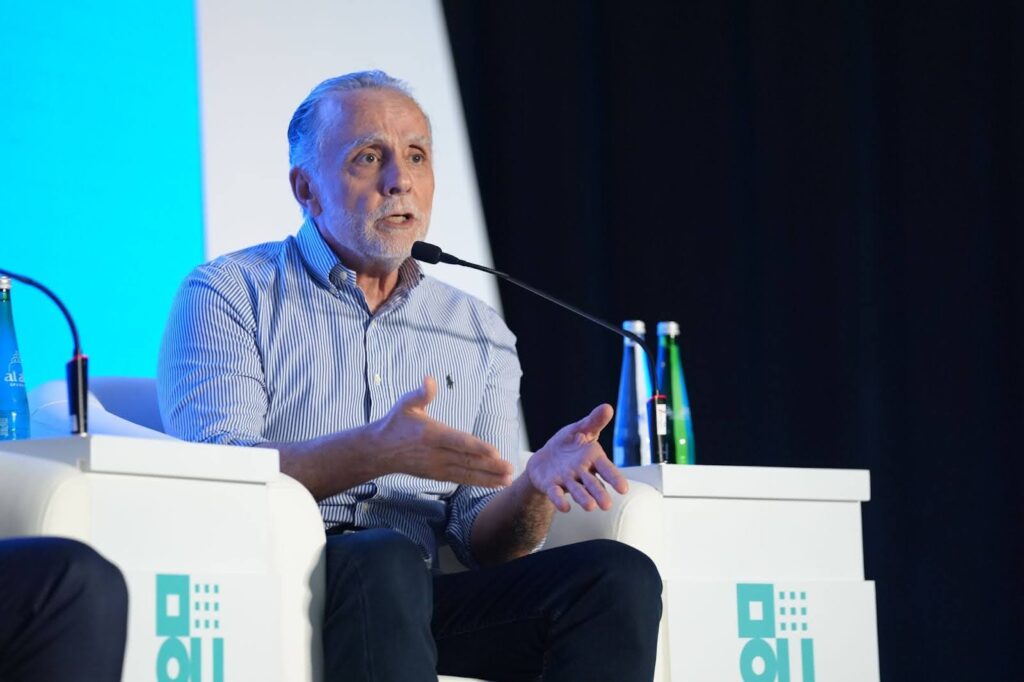
Fragmentation vs. Coordination: Building Together
With a growing number of actors in the regional investment landscape, questions around fragmentation naturally arise. Is plurality a strength? Or does it risk inefficiency?
Our take: plurality is powerful when it’s coordinated.
As the panel articulated, the real risk isn’t diversity of players, but lack of aggregation. In nascent ecosystems, collective action problems can delay progress. What’s needed is a convening force—one that can unify stakeholders around shared problems and opportunities, prevent siloed efforts, and amplify collective impact.
That’s where we come in. We see ourselves not only as a capital allocator, but as an orchestrator. One that listens to the ecosystem, identifies systemic gaps, and fosters the connective tissue between public and private, local and global, emerging and established.
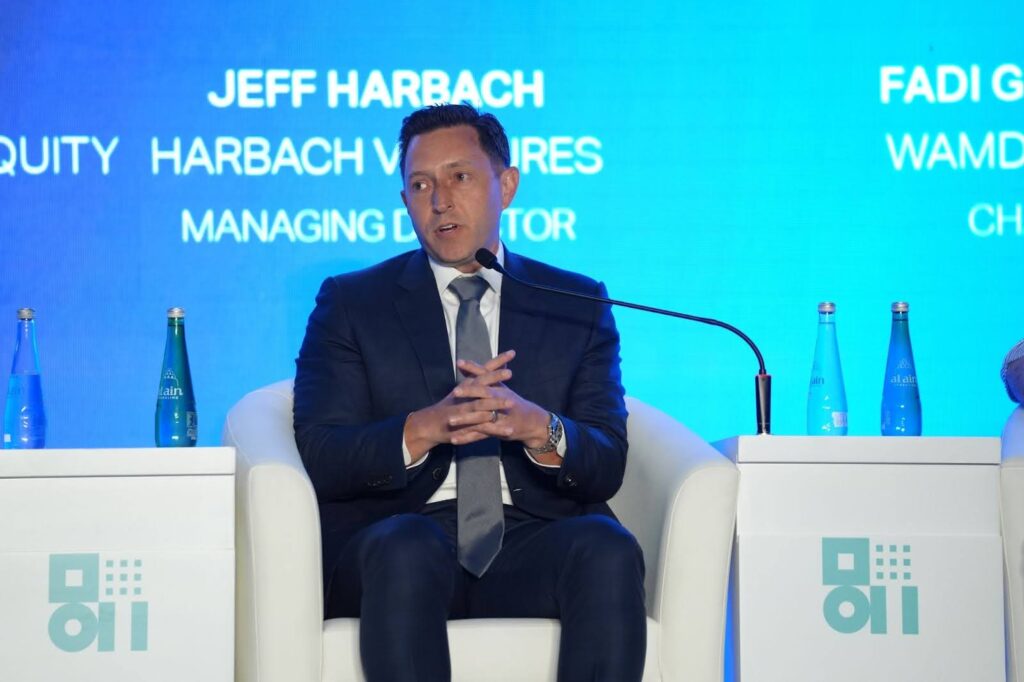
Fund of Funds: Enabling the Enablers
A recurring theme was the importance of strengthening venture capital at the source. Rather than going direct only, our panelists encouraged further investment in fund-of-fund structures that empower the region’s most experienced VCs — many of whom have spent the past decade patiently building the local ecosystem.
These managers have been through multiple fundraising cycles. They’ve made and learned from mistakes, and now they’re positioned to lead the next wave of innovation. By backing them, we reinforce the foundation that new funds and new founders can build on.
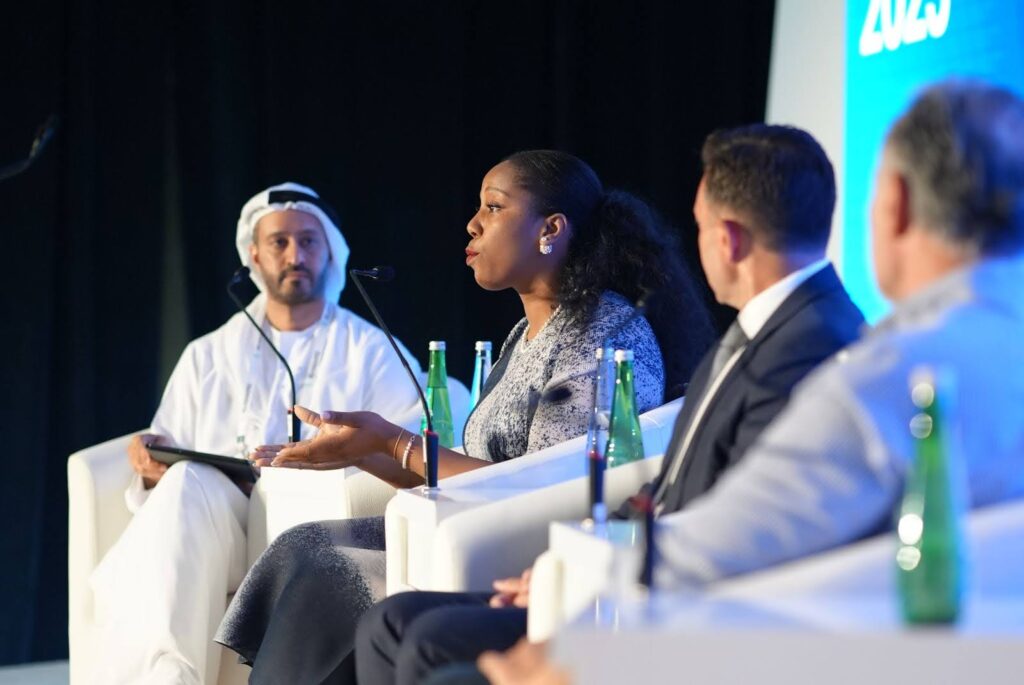
Where Strategic Meets Investable: Sector Focus in the D33 Agenda
Dubai’s D33 economic agenda outlines five strategic sectors: AI, healthtech, proptech, mobility, and circular economy. But not all are at the same stage of venture readiness. The discussion emphasized the importance of going wide early — allowing deal flow to reveal which sectors have traction, and doubling down as that traction grows.
AI, in particular, was called out as both promising and in need of deeper enablement. From talent migration to IP development and commercialization pathways, we were reminded that building a category-leading AI ecosystem requires more than capital. It requires research alignment, industry partnerships, and a regulatory sandbox that encourages experimentation.
We see it happening. We’re already backing founders with deep-tech credentials, including former researchers from Google and Stanford who’ve chosen Dubai as home. Our role now is to ensure they stay, scale, and inspire the next generation.
The Investability-Impact Intersection
We often get asked: how do we balance strategic impact with financial return? The answer is nuance.
As the panel noted, not every impactful opportunity is investable, but many are. The sweet spot lies at the intersection of clear market need, regulatory readiness, infrastructure compatibility, and scalable delivery. That’s where sovereign-backed capital can shine—derisking early experiments, anchoring demand, and signaling long-term policy commitment.
We’re proud to serve as that anchor. We know that when we step in early, we don’t just validate an opportunity — we help shape the environment that makes it viable.
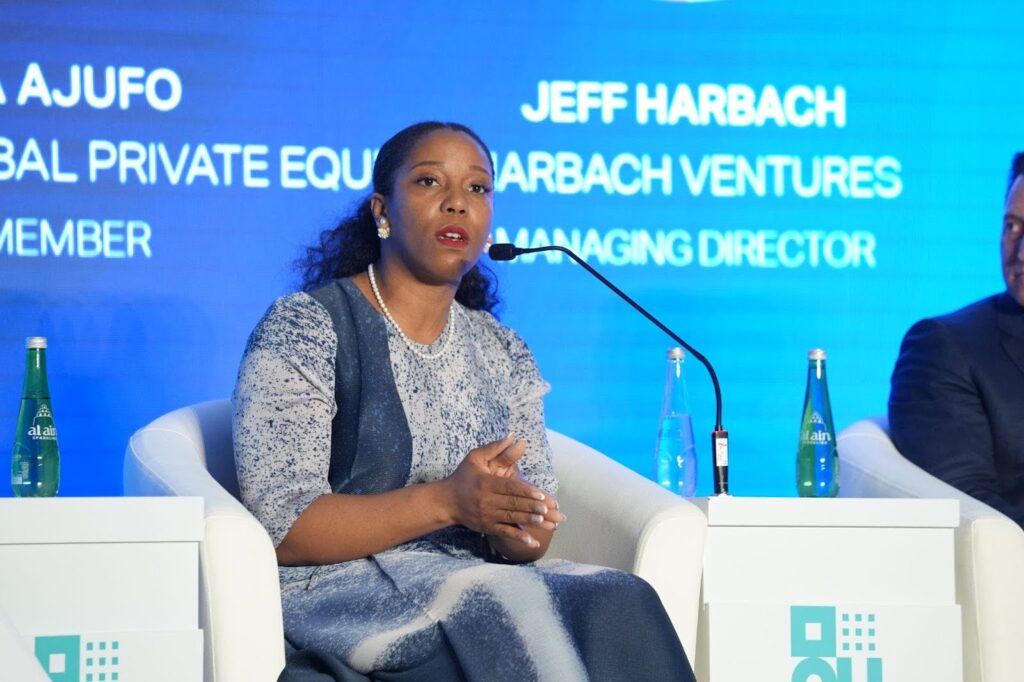
Beyond Capital: Enabling Ecosystem Scale
The conversation closed on a point that’s central to our mission: capital is only part of what startups need. They also need access to markets, regulatory clarity, mentorship, and a collective voice.
As Fadi shared, having a unified front when engaging with regulators is essential — especially in emerging sectors like fintech or AI, where frameworks are still evolving. DFDF is uniquely positioned to represent the ecosystem, help surface shared challenges, and advocate for thoughtful, inclusive policymaking.
And as Jeff highlighted, Dubai is already a “spike” on the global innovation map. We’re not trying to become a hub. We are one. What matters now is ensuring our startups don’t just test their ideas here — they scale from here. That means creating outbound pathways, passporting mechanisms, and trade corridors that enable local champions to become regional leaders.
We know this work takes collaboration, and we’re here to lead it.
Looking Ahead: Stewarding the Innovation Economy
The AGM panel reinforced that our value lies not just in where we deploy capital, but in how we deploy trust, enable growth, and construct the scaffolding of a future-facing innovation economy.
In 2025, we’re doubling down on our role as an ecosystem catalyst. That means working with founders, fund managers, policymakers, and global investors to shape a venture environment grounded in purpose, discipline, and community.
